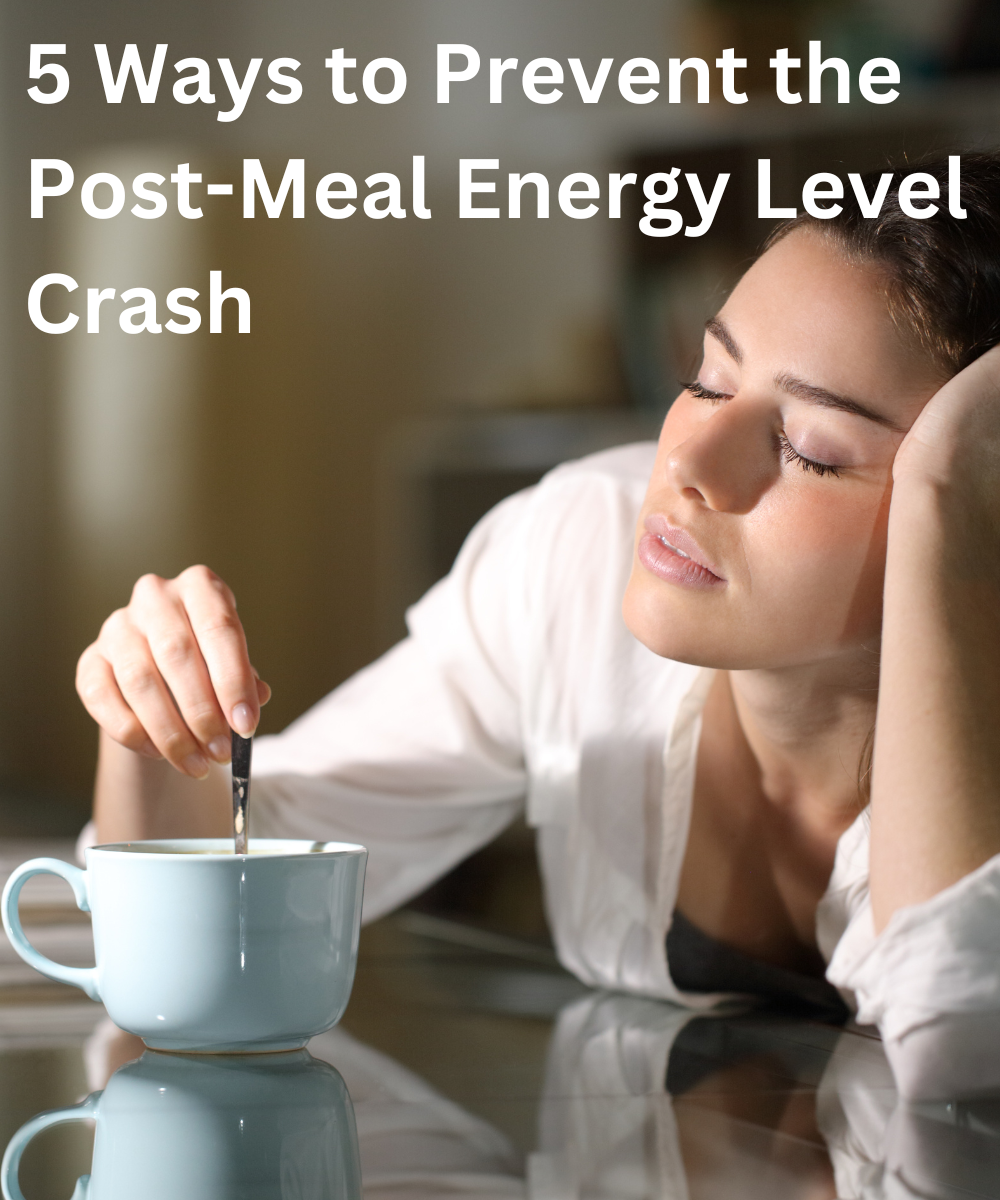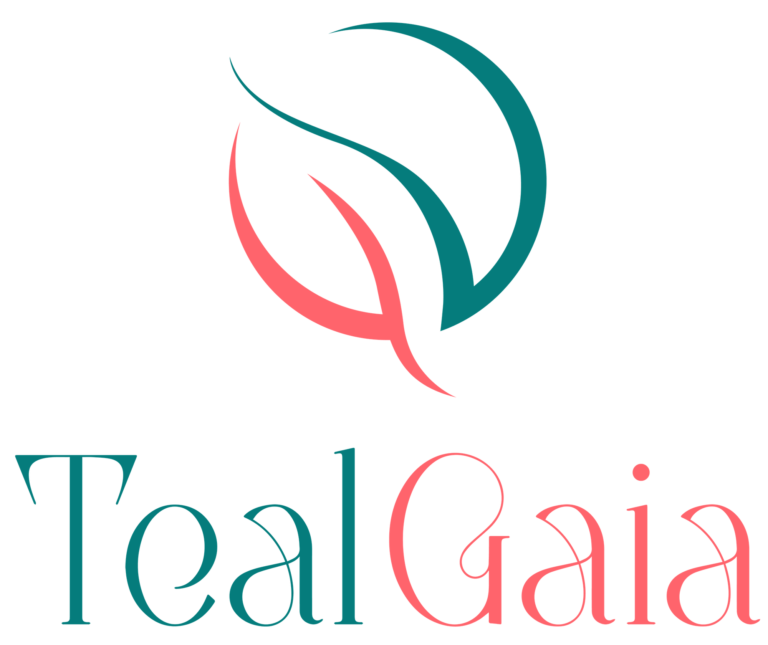50% OFF stock clearance for all KORKOMA products!
Our new MONCH MONCH Collection is here!
Free shipping on orders over 65$

Have you ever experienced an overwhelming wave of tiredness or energy level crash after a hearty meal? You’re not alone. This phenomenon, known as postprandial somnolence or the “food coma,” is a common yet disruptive dip in energy levels that many people face, especially after lunch. But what if this crash wasn’t inevitable? Enter Monch Monch — a smart fiber supplement designed to stabilize blood sugar levels and help you stay energized, alert, and focused throughout the day.
Post-meal fatigue is often caused by a combination of physiological, dietary, and lifestyle factors. Here are some of the main culprits:
– Blood Sugar Spikes and Crashes: Meals high in simple carbohydrates like white bread, sugary drinks, or pasta can cause a rapid spike in blood glucose levels followed by a sharp drop. This is the leading cause of the dreaded “afternoon slump.”
– Hormonal Shifts: After eating, your body increases the production of insulin to manage blood sugar. This in turn affects other hormones like norepinephrine and serotonin, which can induce drowsiness.
– Digestive Diversion: A large meal demands significant energy for digestion. As more blood flows to your digestive tract, other bodily systems (including your brain) receive less, leading to fatigue.
When your energy crashes post-meal, the symptoms can range from mild inconvenience to serious disruption of productivity. Look out for:
– Fatigue and drowsiness
– Brain fog and trouble concentrating
– Cravings for stimulants like coffee or sugar
– Mood swings or irritability
Fortunately, post-meal fatigue can be managed and even avoided with smart lifestyle and nutrition strategies:
1. Smaller, Balanced Meals: Opt for moderate portions throughout the day rather than large, heavy meals.
2. Choose Low-Glycemic Foods: Favor complex carbs, healthy fats, and proteins. These help maintain steady blood sugar.
3. Stay Hydrated: Dehydration contributes to fatigue. Drink water consistently throughout the day.
4. Move After Meals: A 10-minute walk post-lunch can improve digestion and reduce the risk of a slump.
5. Consistent Meal Timing: Eating meals and snacks at regular intervals helps keep blood sugar stable.
Monch Monch is a unique dietary fiber supplement that transforms sugars and carbohydrates into gut-friendly fiber through a process known as enzymatic conversion. This slows down digestion and the absorption of sugar, effectively preventing the sugar spikes that cause energy crashes.
Scientific research supports Monch Monch’s core approach. By flattening the glucose curve after meals, users report sustained energy, improved mood, and fewer cravings.
Monch Monch contains no added sugar, no synthetic ingredients, and works within minutes. Unlike energy drinks or stimulants, it supports your body’s natural rhythms without a crash later.
Multiple studies have confirmed the link between post-meal blood sugar levels and energy crashes. Research compiled in the Stanford Open Virtual Assistant Lab and other sources indicates that:
– High-glycemic meals lead to serotonin spikes, inducing drowsiness
– Complex carbs and protein mitigate post-meal fatigue
– Regular meal timing improves glucose regulation and energy stability
With its fiber-based formulation, Monch Monch directly addresses these factors.
Q: How quickly does Monch Monch work?
A: Users typically report more stable energy within 30–60 minutes after their first use.
Q: Is Monch Monch safe for daily use?
A: Yes, it’s made with natural ingredients and is suitable for daily consumption.
Q: Can Monch Monch help with weight management?
A: Yes, by stabilizing blood sugar and reducing cravings, it supports healthier eating habits.
Q: Where can I buy it?
A: Monch Monch is available online at www.tealgaia.com.
If you’re tired of feeling sluggish and unproductive after meals, you’re not alone. But you are in control. By making smarter dietary choices and leveraging science-backed tools like Monch Monch, you can reclaim your energy, boost your focus, and feel great — meal after meal.
Say goodbye to the food coma. Say hello to Monch Monch.

We will let you know when we have new arrivals, events and promos. Don't worry we send them infrequently, just a friendly hi now and again!

*These statements have not been evaluated by the Food and Drug Administration. This product is not intended to diagnose, treat, cure or prevent any disease.
© 2023 Teal Gaia. All right reserved.
Thank you for contacting us at TealGaia. Please leave a detailed message below and we will get back to you as soon as possible.
Please note that our working hours are 8am-8pm EST, MON-FRI (except for holidays).